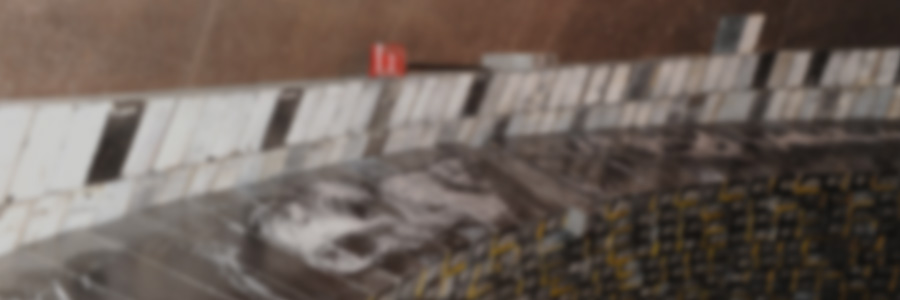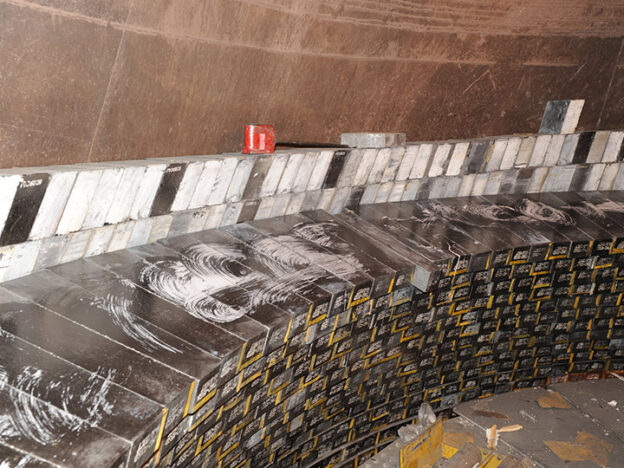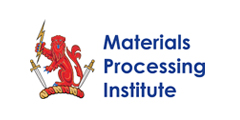Description
Estimated time: 3 hours
Language: English
Modality: Virtual.
Summary of the course
This course looks at refractories, their properties and role in the steel industry and the mechanisms of wear and degradation. It details specific refractories and needs in the steelmaking and casting process ranging from the primary steelmaking vessels to the ladle, tundish and casting refractories. This course looks at the types of refractories used for different applications, their care and maintenance.
Course Modules
The full course consists of three modules which should be taken in sequence in order to complete the full course.
MODULE 1 – PRINCIPLES AND CONSIDERATIONS
This module covers what a refractory material is and the different types of refractories (acid, neutral and basic materials, bricks, hollow-ware, castable refractories, cements, rammed and sintered materials). Selection of different materials for different applications and how refractory cost varies through the process route are considered. The different influences on refractory wear (erosion, corrosion, thermal and mechanical shock…) and the role of carbon are introduced. The operational considerations to manage refractory performance such as drying, curing, preheat and thermal cycles as well as stable operating conditions are noted.
MODULE 2 – REFRACTORIES FOR STEELMAKING PROCESSES
Module 2 builds upon the principles discussed in Module 1 and considers the refractories used in primary steelmaking processes in the Basic Oxygen Steelmaking Furnace (BOF) and the Electric Arc Furnace (EAF). The module introduces the different types of refractory used in different parts of the furnace and the reasons for these choices. The need to protect, replace or repair refractory in areas of high wear are noted and the effect of progressive wear and repair on furnace operational costs and in determining the optimal timing of reline.
MODULE 3 – LADLE, TUNDISH AND CASTING REFRACTORIES
Module 3 discusses refractory types and requirements in the secondary steelmaking, refining and continuous casting process (ladle, tundish and continuous casting). The purpose of different refractories in different parts of the process and operation are introduced. The importance of control of thermal cycles (correct preheat and control operating cycle) as well as control of flow and temperature for metal and slag to ensure both good product quality and optimum refractory performance are noted. Examples are given of refractory failure and wear and how design and operation aim to avoid this.
WHAT THE COURSE COVERS
- What is a refractory material?
- Types of refractory melting points and operating temperatures
- Role of carbon
- Refractory wear: Erosion, corrosion, thermal and mechanical stress
- Refractories for steelmaking
- Refractories for in ladles
- Tundish refractories
- Refractories for continuous casting
- Care and maintenance (drying, preheat, repairs…)
Learning outcomes:
- Understand what a refractory material is, and different refractory types.
- Understand the main types of refractory wear (Erosion, corrosion, thermal and mechanical stress) and principles to avoid this.
- Understand some of the basic principles of refractory care and maintenance.
- Introduction to the different refractories used in primary steelmaking (BOF and EAF) and the reasons for these choices.
- Introduction to the different refractories used in ladles and tundishes and the reasons for these choices.
- Introduction to the different refractories used in continuous casting, their wear mechanisms, and their effect on steel quality.
- Understand the basic principles of refractory operation and care (drying, curing, preheat, thermal cycles, wear, repair).
WHO SHOULD ACCESS THE COURSE?
The course gives a comprehensive introduction to the importance of refractories and the principles behind the correct choice and use of refractories in a steelmaking and casting environment.
The course is appropriate for steel plant operational, engineering and technical support teams in the early stages of their career, or for more experienced personnel moving into a new role in a steelmaking and casting environment.
For those requiring a higher level of expertise, theoretical or practical detail, additional information and advice is available from enquiries@mpiuk.com.
Official Certificate from steeluniversity
Receive a digital certificate signed by steeluniversity and worldsteel directors with the institution’s logo to verify your achievement.
Increase job prospects
worldsteel represents over 160 steel producers, national and regional steel industry associations, and steel research institutes. With a certificate from steeluniversity / worldsteel you can improve your CV to work for the steel industry.




